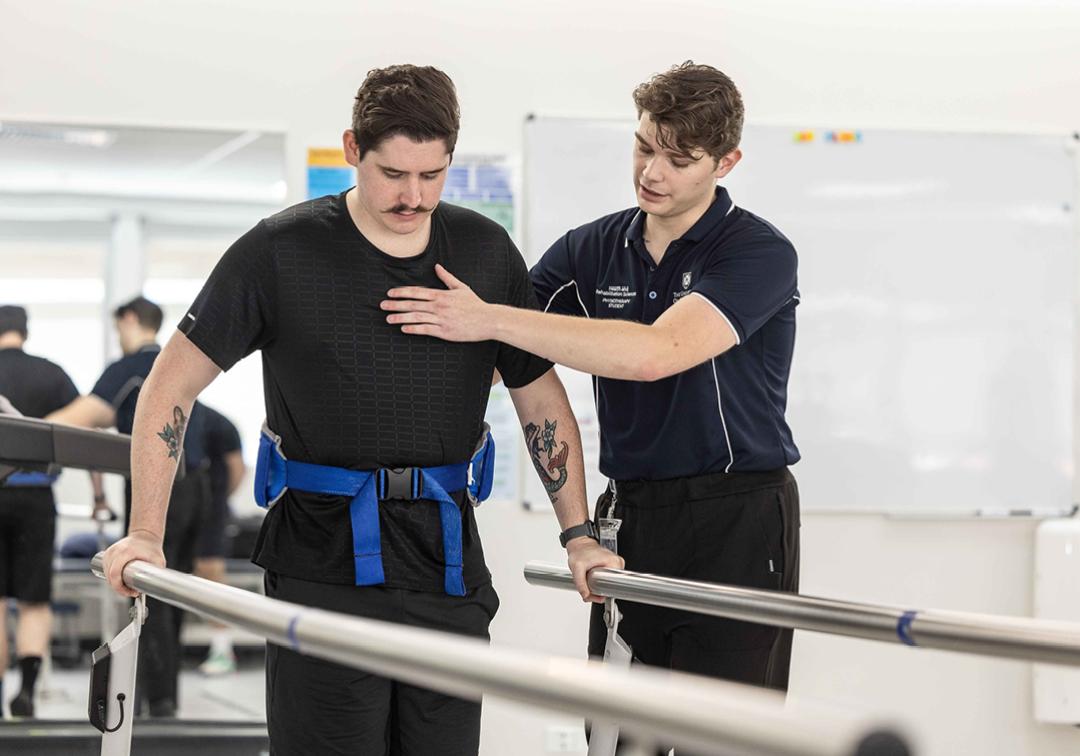
Explore the study of spatial patterns of physical and human phenomena at local, national and global scales.
Blending theory with real-world experience, you’ll learn to apply geographical information science (GIS) software and remote-sensing technologies for data analysis, data modelling and developing map visualisations.
We broaden your critical-thinking and teach you how to apply GIS to solve key environmental, societal or planning issues faced in today’s modern world.
You’ll be equipped to pursue a broad range of career opportunities, including roles in natural resource management, national parks and wildlife conservation.
Events
See all events
9 June
Master of Physiotherapy information webinar

29 June
Queensland Biology Winter School, Year 12
Stories
See all stories
UQ people
Turning her curiosity into a healthcare career
4-minute read

Careers
Transform your career with 4 business psychology courses
3-minute read

Uni life
What’s it like to study business psychology as a postgraduate?
5-minute read
Stories
See all stories
UQ people
Turning her curiosity into a healthcare career
4-minute read

Careers
Transform your career with 4 business psychology courses
3-minute read

Uni life
What’s it like to study business psychology as a postgraduate?
5-minute read
How you'll learn
Your learning experiences are designed to best suit the learning outcomes of the courses you choose.
- Lectures
- Tutorials
- Laboratory work
- Workshops
What you'll study
At UQ, subjects are called 'courses'. Here's a sample of the courses you could study:
- Fundamentals of Geographic Information and Technologies
- Geospatial Processing & Web Mapping
- Global Population Issues
- Applied Demography
- Introduction to Earth Observation Sciences
- Climate Change and Environmental Management
- Environment & Society
- Global Change: Problems & Prospects
Keep up to date
Sign up to get information about applying and studying at UQ.

